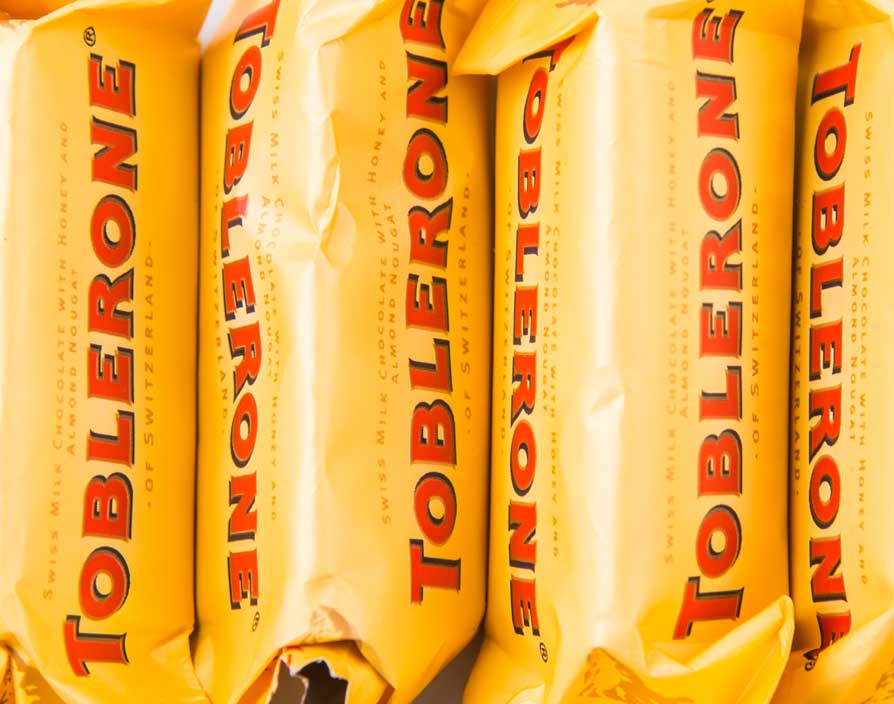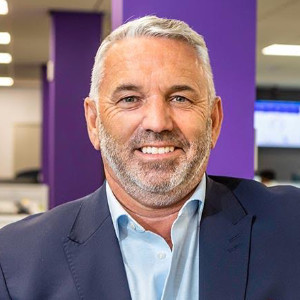Photo credit: Joseph Sohm/Shutterstock.com
Toblerone fans mind the gap
In a world that seems to have been turned on its head this year, it’s nice to be able to cling on to some constants, like knowing that a loved one will return from the airport bearing a trusty bar of Toblerone, the made-in- Switzerland chocolate bar with its distinctive, comforting triangular ridges.
But it transpires that Mondelēz International, the multinational company that owns the Toblerone brand, had surreptitiously widened the gaps in bars of the Swiss chocolate found on British shores months ago in response to rising production costs. The change had stayed under the radar until one savvy shopper made the discovery, prompting an outpouring of rage and mockery from chocaholics who have taken to using the #WeWantOurTobleroneBack hashtag on social media.
Given the furore surrounding Marmitegate, it’s unsurprising that the company was wary of asking people to pay more. But it seems that this cloak-and-dagger approach is fooling nobody. When it comes to the classics, a change may not do you good.
Karhoo runs out of fuel
Kar-who, you might ask? The taxi app that few have heard of has bowed out of the race just months after it launched in London.
Founded by Danial Ishag, Karhoo acted as price comparison service for taxi companies and seemed to be going places to the outside world. But in a surprise move, the startup has announced that it’s now seeking an administrator to see how much of the business can be salvaged. In an official statement on the company’s website, it said: “Unfortunately, it became clear two weeks ago that the financial situation was getting pretty dire with Karhoo in urgent need of funding. Discussion with a potential new backer ended last night forcing the company to stop trading.”
Did it give too many rides away? Had it not received all of its investment? There are several theories as to why the startup suddenly broke down, but whatever the reason, it seems that Kahoo’s cashflow woes have cleared the way for Uber to continue to dominate the market.
Netflix goes full-on Black Mirror and releases a Rate Me app
Charlie Brooker’s Black Mirror series features dystopian stories that unsettling resemble the real world. And it seems that Netflix, which acquired all three seasons of the series, has upped the eerie factor by releasing an app inspired by the series that allows people to rate each other out of five.
The app is based on the first episode of the third series, which sees the protagonist try to ensure she gets a high rating from the people she encounters, from colleagues to baristas.
In the real world, people can enter their Twitter handle into Netflix’s app to see their score or assign a rating for other people.
The app isn’t the first time Netflix has proven its creative chops with its marketing tactics for the series. It’s also delivered ads to adblock users to unsettle them with a message reading “Hello ad blocker user. You cannot see the ad. But the ad can see you”.
We give this latest stunt a 4.9, at least.
AI and the jobs market: the startup community weighs in
Can man and machine work together harmoniously? Possibly so, but it seems that some entrepreneurs and investors envision a future where technology will leave a significant number of people around the world unemployed.
Robotics was a key theme at the Web Summit in Lisbon this week and a poll of 224 venture capitalists at the event revealed that 53% believed artificial intelligence will destroy millions of jobs and 93% don’t believe that governments are prepared for this massive shift.
This follows comments from Elon Musk, CEO of Tesla, the car and energy storage company, who warned that there was a “pretty good chance” that automation will replace a human workforce in the future, making it more likely that the government will introduce a universal basic income to help people cope with the lack of work.
There could be an upside, though: Musk also said that while machines toil, people could be freed up to do more interesting work or have more leisure time. Now that’s a vision of the future we can get behind. ![]()
Share via:


















































